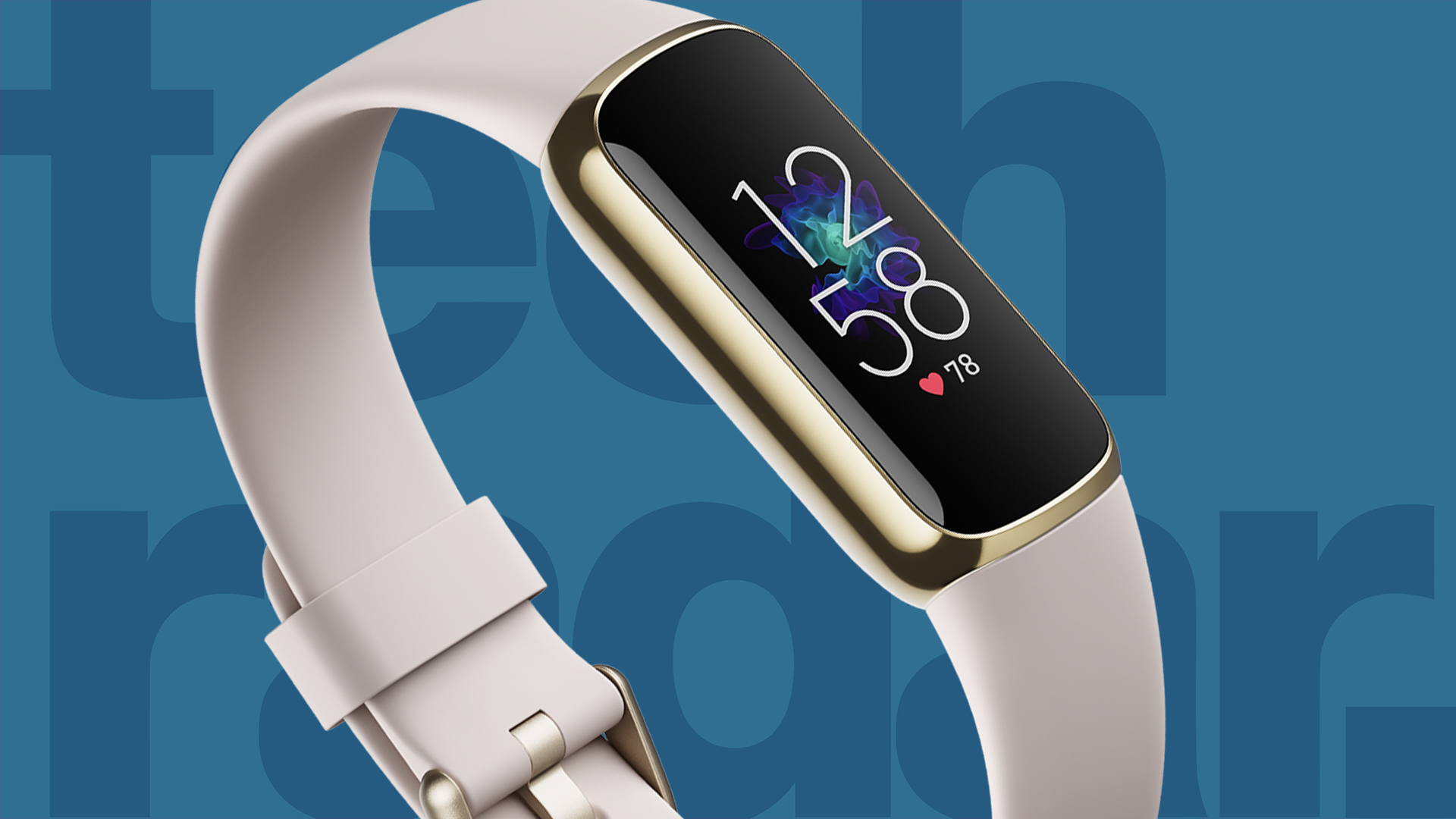
Fitness trackers have become popular accessories for individuals seeking to monitor and improve their physical activity levels. With the wide variety of options available in the market, choosing the perfect fitness tracker can be a daunting task. However, by considering a few key factors, you can select a device that aligns with your specific needs and goals. This article guides how to choose the perfect fitness tracker that suits your lifestyle, fitness objectives, and budget. Models like the Xiaomi Mi Band 7, Fitbit Inspire 3, and others can be found at the cheap end. For the price, these wearables provide a lot of value. You can always choose unproven brands. However, it is preferable to stick with tried-and-true brands because they mix high-quality technology and software.
However, you will need to invest a little more money if you want a fully functional fitness device, such as a Fitbit Charge 5 or Luxe, or you can choose a Garmin activity band. Although they cost a little extra, you get a more thorough fitness and health tracking experience. The more costly end of the spectrum has gadgets that resemble smartwatches. The Apple Watch, Fitbit Versa and Sense, Garmin Vivoactive 4, Samsung Galaxy Watch 5, and a large number of other smartwatches and sports watches are excellent examples. We’ve created a useful tool for comparing tech specs so you can make an informed decision. Select a few gadgets to compare their performance.
Determine Your Goals and Desired Features
Before purchasing a fitness tracker, it’s important to define your goals and identify the features that will help you achieve them. Do you want to track your steps, monitor your heart rate, analyze sleep patterns, or receive smartphone notifications? Make a list of the features that are essential to you. If you’re a runner, you might prioritize GPS tracking and distance calculations. If weight loss is your goal, you might value calorie tracking and a food diary feature. Understanding your objectives will help you narrow down the options.
Consider Design and Comfort
Fitness trackers come in various forms, such as wristbands, clip-ons, or smartwatches. Consider which design will be most comfortable for you to wear regularly. Wristbands are popular due to their ease of use and constant wearability. Smartwatches offer additional functionality beyond fitness tracking. It’s important to find a design that suits your style and doesn’t interfere with daily activities or exercise routines.
Battery Life and Charging
Battery life is a crucial aspect to consider, as it determines how frequently you need to recharge your fitness tracker. Some devices offer a battery life of a few days, while others can last up to several weeks. Consider your charging preferences and lifestyle. If you don’t want the hassle of frequent charging, opt for a device with longer battery life. Additionally, check whether the fitness tracker uses a standard USB charger or a proprietary one, as this can affect convenience and compatibility.
Compatibility and Synchronization
Ensure that the fitness tracker you choose is compatible with your smartphone or computer operating system. Most fitness trackers come with accompanying apps that allow you to view and analyze your activity data. Check whether the app is available for your specific device and operating system. Additionally, consider if you want your fitness tracker to synchronize with other health and fitness apps you may already be using, such as MyFitnessPal or Strava. Compatibility and synchronization capabilities will enhance your overall tracking and monitoring experience.
Accuracy and Tracking Metrics
The accuracy of a fitness tracker’s sensors and algorithms is critical for reliable data. Read reviews and user feedback regarding the accuracy of step counting, heart rate monitoring, and sleep tracking. Look for a fitness tracker that uses advanced sensors and algorithms to provide precise measurements. It’s also important to consider the specific metrics you wish to track. For example, if swimming is your primary form of exercise, choose a waterproof tracker with swim-tracking capabilities. Ensure the fitness tracker provides the data that aligns with your goals and preferred activities.

Budget Considerations
Fitness trackers are available at various price points, so consider your budget when making a choice. While high-end devices offer advanced features and durability, there are also affordable options that provide accurate tracking for basic fitness needs. Prioritize the features that are most important to you and allocate your budget accordingly. Remember that ongoing costs may include accessories like replacement bands or screen protectors. Consider the long-term investment and the value you’ll receive from the device.

Conclusion
Choosing the perfect fitness tracker requires thoughtful consideration of your goals, desired features, and budget. By understanding your needs and preferences, evaluating design and comfort, considering battery life and compatibility, ensuring accuracy, and considering your budget, you can find a fitness tracker that meets your requirements and helps you achieve your fitness goals effectively.
